Cet article est également disponible en : Français
Red zone: under the protection of the Levies.
“STOP, FINISH, OVER!!! ». I’m fed up, I scream and anger smashes a chair on the wall of the police station in front of the stunned eyes of the Levies. Les Levies is a bit like the gendarmes of Balochistan: a traditional armed force in charge of maintaining order and fighting terrorism in this remote region of Pakistan, neighbouring Afghanistan. They’ve been protecting me since the day before. The commander of the alerted post arrives and stands in front of me, his finger raised as a warning sign…
When I left Bandar Abbas a few days earlier, I knew that I was embarking on a 3,000 km journey in what diplomats call the “red zone”, which is formally not recommended by the French government and where, and I quote, “travel is prohibited”.
However, when I go to Shebahar, a seaside and port city in the extreme south-east of IRAN, not far from the Pakistani border, I have the impression that I am sinking into a world of kindness and hospitality. In fact, it is getting harder and harder for me to pay anything. The famous Iranian T’aarof pushed to the extreme. The T’aarof, these rules of Iranian courtesy, I’m getting used to them: the host must offer, the guest (me in this case) must refuse. The one who insists the most wins. In Balochistan, despite my repeated protests, I can’t pay anything: my groceries, my meals and even once my gas tank are almost systematically offered to me.
I’m staying a few days in Shabahar. In the evening, I sometimes go to an open-air cinema to enjoy a cup of tea while watching Korean films dubbed in Farsi. In other words, I don’t understand anything, but that’s all right, I appreciate the moment with a few fishermen. Their magnificent wooden fishing boats are waiting in the port to go back to sea. The fishing campaigns last two months and take them to the shores of Africa. I dream for a moment of embarking with them to reach Africa, but they stay in international waters without ever disembarking. The adventure proved impossible and I therefore set off again for the North to reach Pakistan.
The atmosphere is beginning to change in Iran Shahr, a big city in the heart of Iranian Balochistan. To get there, a very good road, too good, motorists drive fast and do not hesitate to overtake when you arrive in front: a motorcycle must give way. At the entrance to the city, for the first time since I have been in Iran, the police arrest me. They are all armed to the teeth, certainly friendly but very surprised to see me, even worried. One of them starts me off by letting me go: “Be very careful in this city”. The tone of his voice puts me on alert. The city itself is spacious but relatively sparsely populated. On the other hand, there are armed men everywhere. Every official building is topped by a control tower. I see machine guns on several rooftops. Part of the city is blocked by buses placed across the streets. The army and police are securing the perimeter. Why? Why? I don’t know. I don’t know. The only hotel in the city has been closed for quite some time now, it seems. I decide not to linger. I fill up on the black market, here the gasoline is rationed to avoid smuggling to Pakistan, then I take the road back to the mountains. I feel safer there and I spend the night in a peasant’s house.
The next day, I cross the border. I have been in Iran for more than two months, and while I have been able to move freely so far, on the Pakistani side, I know, I will be placed under escort.
In the heart of Pakistani Baluchistan.
A member of Les Levies takes care of me even before customs formalities are completed. The man, in his forties, perched on a simple 125 cc motorcycle, took me directly to a small fort just a few hundred metres from the border. The complex consists of four buildings with grey and barbed wire walls surrounding a square courtyard in a corner of which, unexpectedly, a small garden has been created to improve the daily lives of the soldiers on duty. One side of the complex consists of cells, whose steel doors seem to be, along with the garden, the only elements maintained. Opposite, the offices and the living room. The third side is the dwellings. In front of each cell, solid rings inserted in the ground are clearly used to pass chains through. The absence of rust indicates that they are still used regularly. In the evening, one of the soldiers calls me for dinner. I take my place among them. The meal is frugal but good. We eat with our right hand, as in most Muslim countries. Then it’s the tea. I lie lazily in a corner of the room, leaning against a kind of big cushion and while sipping my drink, I observe what constitutes the daily life of my guards.
At the entrance, eight pairs of shoes, including mine. There are four of us. At least we won’t be short of shoes. The officer next to me has his nose in his cell phone. Here as elsewhere, nomophobia is wreaking havoc. The man next to him, heats the tea on a kind of electrical appliance that serves both as a heater and a cooking stove. On a dusty coffee table, along the wall in front of us, an old cathode television, a 36 cm screen at most, shows a Bollywood film in which cars smash pillars of underground parking without even a scratch. The third man is sitting in the only chair in the room. Next to him, standing along the wall, was a “waterproof” machine gun, as he proudly told me earlier in the evening. By this you mean that he continues his work of death even after being in the water. It is made in China. The walls are blue. Finally, one day, they were blue. On the floor, three carpets with faded colours and in a sorry state: a blue, a purple and a large purple and white. It’s the cleanest, or rather the least dirty. It’s also the one I’m lying on. On the ceiling, an old fan. On the wall on my left, two nails where a pea jacket and a cap are hung. In front of me, above the television, old boards serve as tiles. In fact, everything here is in disarray. Everything but one thing: humanity. The kindness, hospitality of my cerbers is exemplary and the evening goes on quite late.
The next day, it’s time to leave. 650 kilometres separate us from Quetta, which is normally two days’ drive. Outside, it’s the storm. A sandy wind sweeps across the desert. I feel that this is not going to be a pleasure. The convoy is shaking. A car with three men on board: the driver and two armed men. I follow them with Utopia. They only cover a few kilometres: at each checkpoint my identity is recorded, the motorcycle registration and another team takes care of me. The controls follow the controls. Slowly, the miles are passing by. The wind is blowing. At times, I can’t see more than a few meters away, like in the fog. But no humidity here: only sand. Strangely enough, I don’t feel tired or hungry. We will just have a stop to drink tea prepared by a hilarious old man, in a stone hut in which we have to bend down to get in. He also has a “waterproof” machine gun. And broken sunglasses. The day gets longer, the wind finally calms down. But the night is coming. I look forward to arriving at the daytime stage to check the condition of the air filter. And to simply rest too. But far from stopping, the convoy continues. The pace is even accelerating. I don’t even have time to breathe at the control: a car waits, stops on the side of the road and starts when we arrive. Each time, I have to follow the new escort. I’m trying to figure out how many kilometers left to go. I have been driving for almost 11 hours now, the night has fallen and I am starting to feel tired. Each time, the answer is the same: soon. Then, as I was in a hurry, I was told 50 kilometres. I protest, the number drops to 15. Not “fifty” but “fifteen”, I misunderstood, they tell me. But the miles go by again and again. At one of the controls, I have no idea how many I have been through since the morning, I declare that I no longer want to continue. It has been more than an hour since I was promised that the stage will be in five minutes and I can’t take it anymore. I’m starting to realize that the step is Quetta. But the man in charge of the control answers me abruptly that this is not possible. It is at this precise moment that I explode, anger half feigned, half real. And I smash the first thing that falls into my hands, a chair, against the wall of the police station. They are all amazed by it. The commander is coming. Let’s explain. They tell me that in this position, it is not possible but that the next fortin of the Levies is very close. I could spend the night there. We’re going back on the road, but this time they didn’t lie to me. When I finally stop the bike, I have been riding for almost 12 hours. The daily counter shows 576 km and Quetta is only a few tens of kilometres away.
The fort is in the same state of decay as the previous one. There is not even electricity: we light up with candles and flashlights. The commander asked me why I didn’t want to continue. I explain to him that I have been on the bike for almost twelve hours. I left Taftan, the border town this morning. Normally, the stage is at the halfway point.
The room I’m being brought into is small but heated. There is the commander and four of his men: his cook and three of what he calls his “gun-men”. As in Taftan, I notice that no one goes 10 meters without taking their weapon with them, including inside the buildings. Everyone sits on the floor. In a corner, a small wood stove on which a large pot is placed. The scent of it makes me salivate. I’m hungry! I’m hungry! The commander speaks English, which makes things easier. I am quite curious to know the real state of security problems.
The region is caught in a vice between the Baloch independence fighters and the Taliban from nearby Afghanistan. The situation, he tells me, has improved significantly over the past 3 years. Nevertheless, during the last elections in July 2018, two bomb attacks killed nearly 200 people. Twelve Levies have been killed in recent years in skirmishes with rebels. I also know that Pakistan is in a sad fifth position in terms of the countries most affected by terrorism, just behind Iraq, Afghanistan, Nigeria and Syria. But the mysterious dish cooking since my arrival on the small wood stove is ready. The cook, carefully, removes the lid he had sealed with a kind of bread dough. Inside, a hare, hunted by one of the gunmen, cooked on a salt crust decorated with spices and various herbs. The discussion drifts on a less serious but more essential subject: the family. One of the gunmen, a giant, told me he had 14 children of 3 women. Here the number of children is a source of pride, almost a competition. The more we have, the better. Boys, of course. Girls are less important. A belief shared by many traditional societies. After the meal, a last tea, the conversation lengthens, with confidence come the confidences, the exchanges of photos. The fatigue of the day is gone and it is late at night when I finally reach the common dormitory. But don’t think we’re sleeping on a bed there. No, just a rug and a blanket to protect yourself from the cold. I lie down beside a gun-man who immediately falls asleep in a snoring concert. Outside, one of his colleagues is on guard. They’ll take turns at night. This is the daily life of Les Levies.
Tomorrow, I’ll go back on the road. Tomorrow it will be Quetta. One of the most impressive cities I have ever seen in my life with Lagos in Nigeria. But tomorrow is another day. Tomorrow does not yet exist. The wind is blowing again. I fall asleep in turn.
Acknowledgements: I would like to thank all the Pakistani armed forces who provided security during my stay, as well as the government for making these escorts available free of charge.

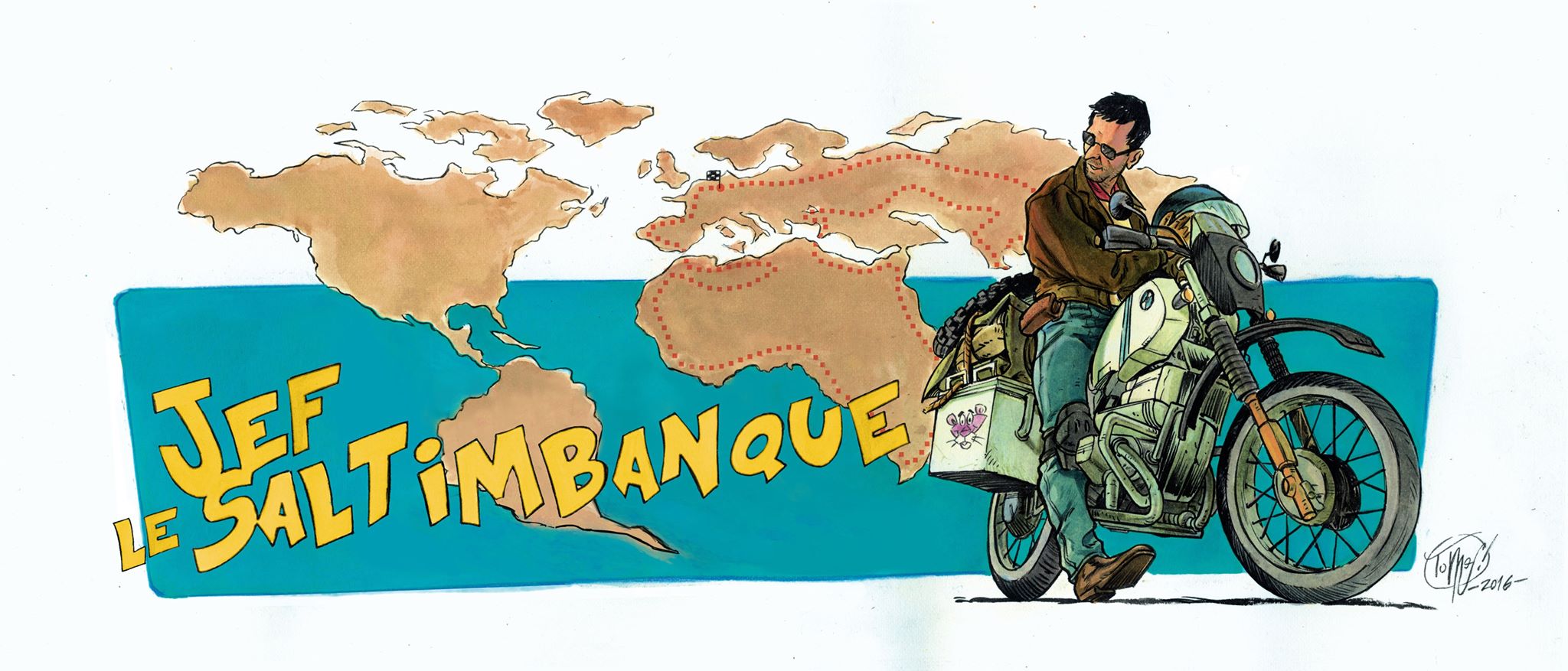
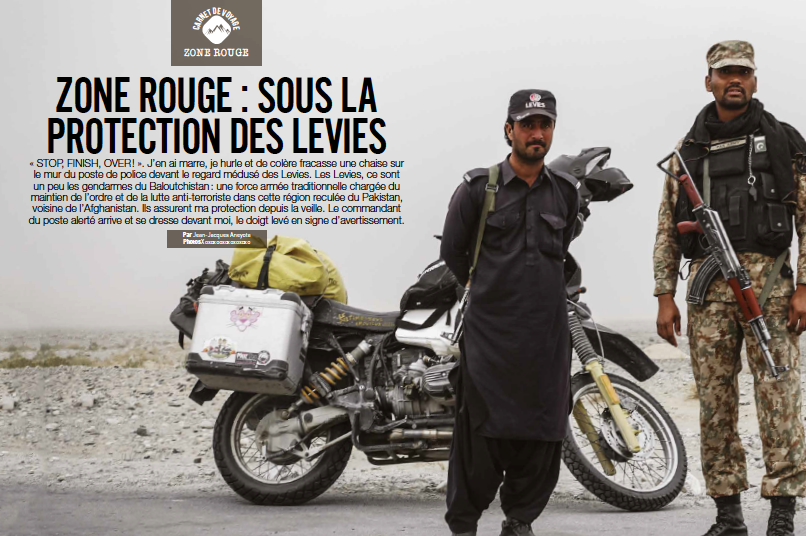
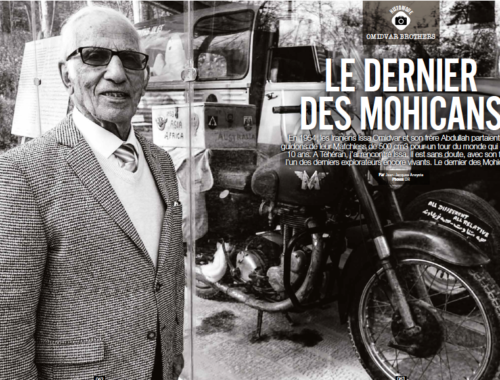
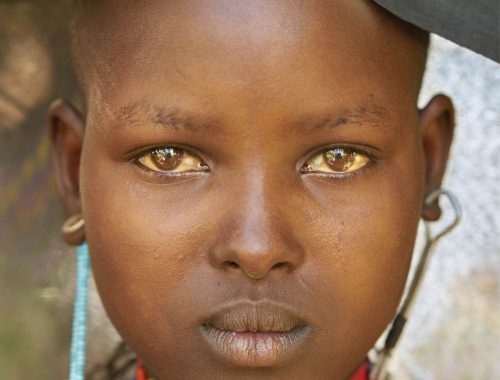
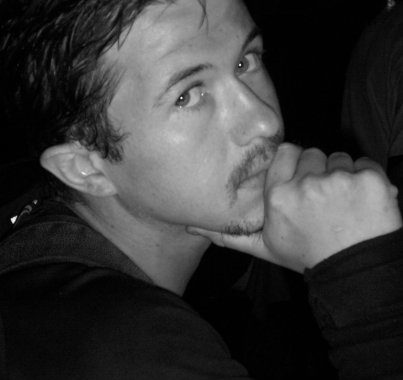
No Comments